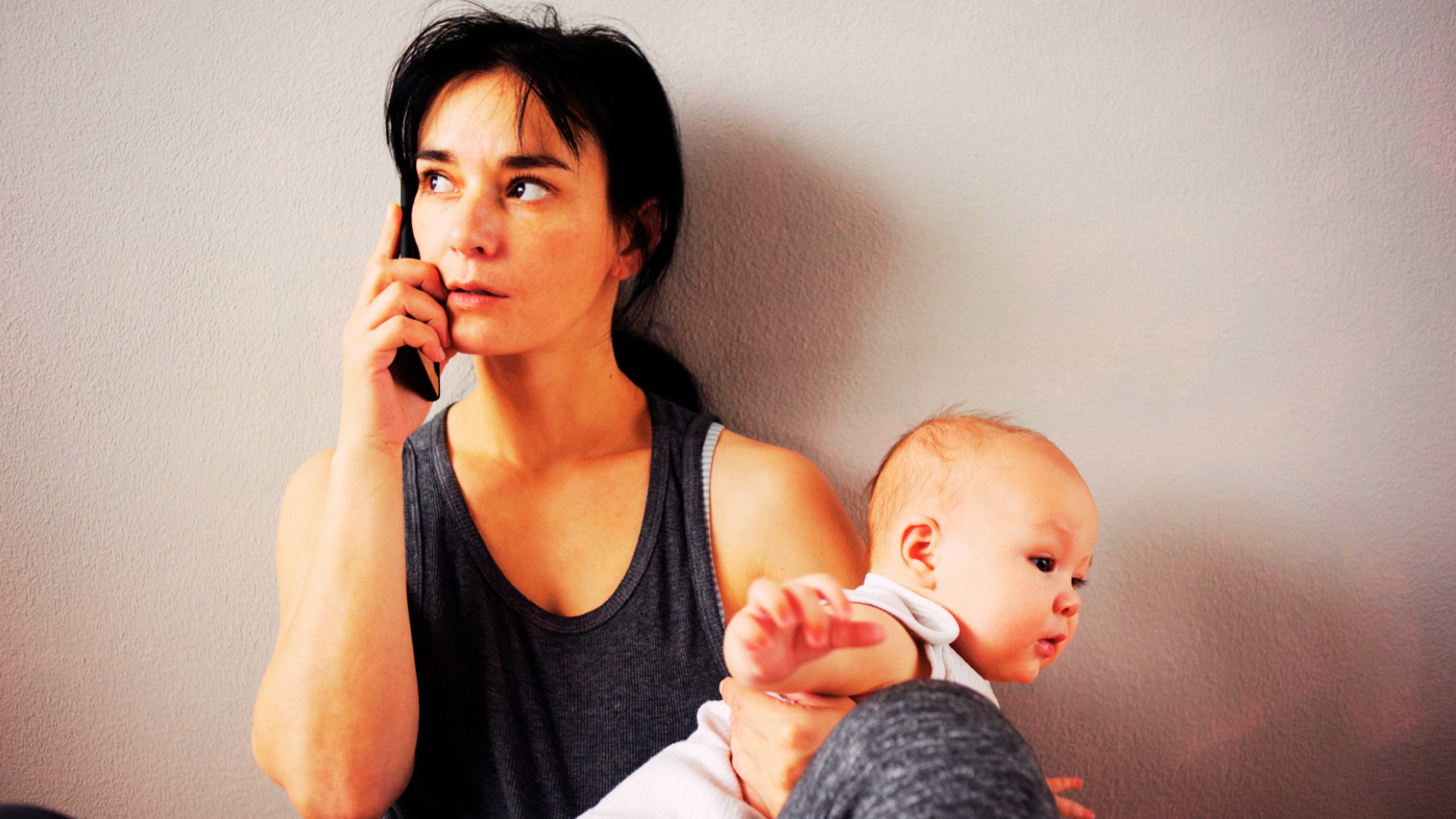In modern societies, it’s widely accepted that the decision to have a child is up to women, considering factors like health, education, career, and finances. Surveys reveal that many upcoming generations are opting out of parenthood altogether.
What’s behind this trend of prioritizing “me time”? One reason could be that young people today are experiencing what some call “extended adolescence”.
In South Korea, more and more women are choosing not to have children, leading to a consistent decline in the country’s birth rate, which is currently the lowest in the world.
Statistics released by South Korea’s government show that the average number of expected babies for a South Korean woman has dropped to a historic low of 0.72, down from 0.78 in 2022. This is well below the replacement rate needed to maintain a stable population.
This decline is linked to concerns about high housing and education costs in the country. Additionally, South Korea has the widest gender pay gap among OECD nations, with women earning only about two-thirds of what men earn.
Professor Jung Jae-hoon from Seoul Women’s University points out that women often struggle to advance in their careers due to their responsibilities for childcare and returning to work after taking leave.
Challenges persist in balancing work and family life. In 2022, only 7% of men took parental leave compared to 70% of new mothers. South Koreans also work long hours, making it difficult to plan for children while pursuing better job opportunities and higher salaries.
Traditionally, marriage has been seen as a prerequisite for starting a family in South Korea, but marriage rates are declining. Additionally, the cost of private education is a significant burden for parents.
A recent study found that 94% of parents consider private tuition a financial strain. The average cost of raising a child to age 19 has increased by 16% from the previous year’s survey.
Like many other countries in the region, South Korea does not allow gay marriage, and single women are prohibited from using donor sperm for conception.
This situation has prompted the Korean government to declare it a “national emergency”. Japan is facing a similar crisis, with its birth rate dropping for the eighth consecutive year. Japan’s fertility rate hit a record low of 1.26 in 2022, and China’s rate also dropped to 1.09, setting a new record low.

















